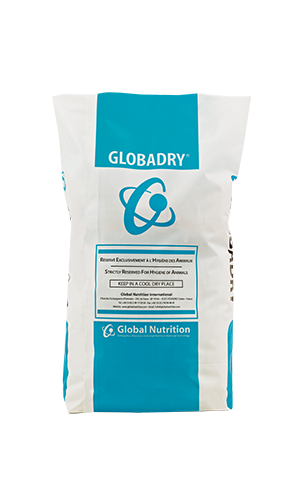Litter
Animal litter, such as manure or bedding material, plays a crucial role in farming operations. However, improper management of animal litter can have adverse effects on farm animals. Accumulated and poorly maintained litter can become a breeding ground for harmful bacteria, parasites, and pathogens, posing a significant risk to animal health.
Inadequate ventilation and high ammonia levels resulting from poorly managed litter can also cause respiratory problems, affecting the respiratory function and overall well-being of the animals. Therefore, proper handling of animal litter is essential to ensure a healthy and conducive environment for farm animals.
Litter Management
By effectively managing litter, such as in poultry or livestock housing, farmers can create a clean and comfortable environment for the animals. Proper litter management helps prevent the buildup of ammonia, harmful gases, and pathogens that can negatively impact respiratory health and overall animal welfare. It also promotes better air quality, reduces odors, and minimizes the risk of pest and disease transmission.


